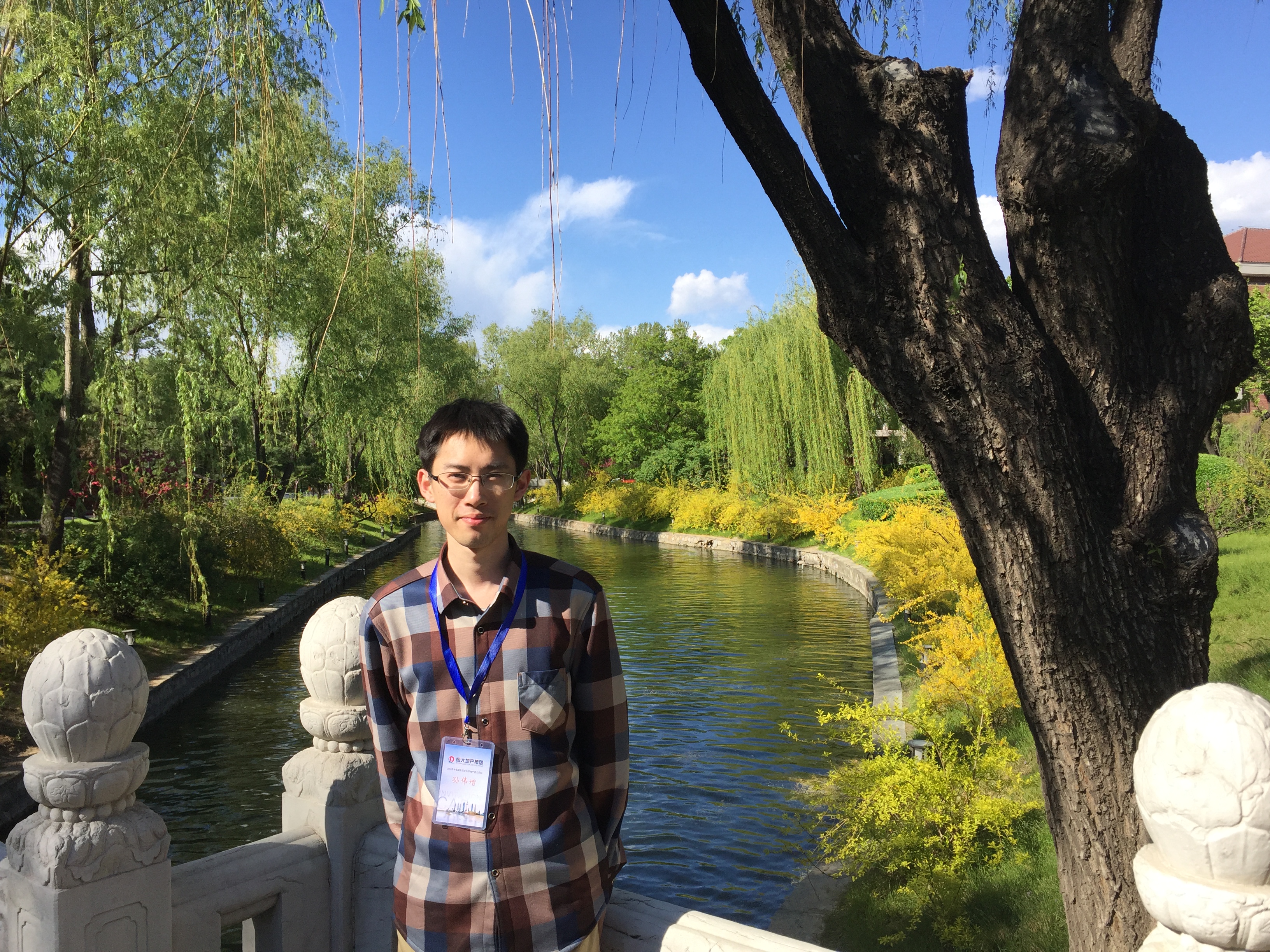
近日,我院副研究员孙伟增的合作论文“The Birth of Edge Cities in China: Measuring the Effects of Industrial Parks Policy”(合作者:Siqi Zheng,麻省理工学院房地产中心、城市研究与规划系副教授;Jianfeng Wu, 复旦大学经济学院、中国经济研究中心(CCES)副教授;Matthew E. Kahn,南加州大学经济系教授)被城市经济学权威期刊Journal of Urban Economics接受。
Abstract:
China’s government has spent hundreds of billions of dollars to invest in new industrial parks with the intent of boosting the productivity of new firms attracted to the parks and to generate spillovers for the local economy in order to accelerate economic growth. Do such place-based investments in capital raise urban productivity or is this another case of the powerful state misallocating capital in China? This paper measures the localized spillover effects of 110 parks built in eight major cities on firm productivity, wages, and local manufacturing employment growth. We find that the geographic spillover effect of parks is an increasing function of the park’s overall human capital level, the FDI share, and its “synergy” with nearby incumbent firms (measured by Marshallian factors). Using geo-coded data, we document that the growth in local employment and wages stimulates nearby local housing construction and retail store openings. The rise of a new production sub-center causes the emergence of a suburban “consumer city”.
